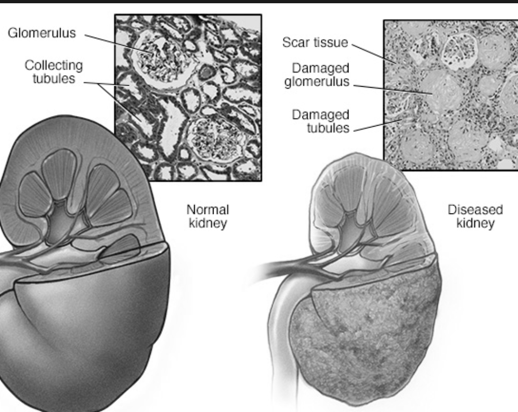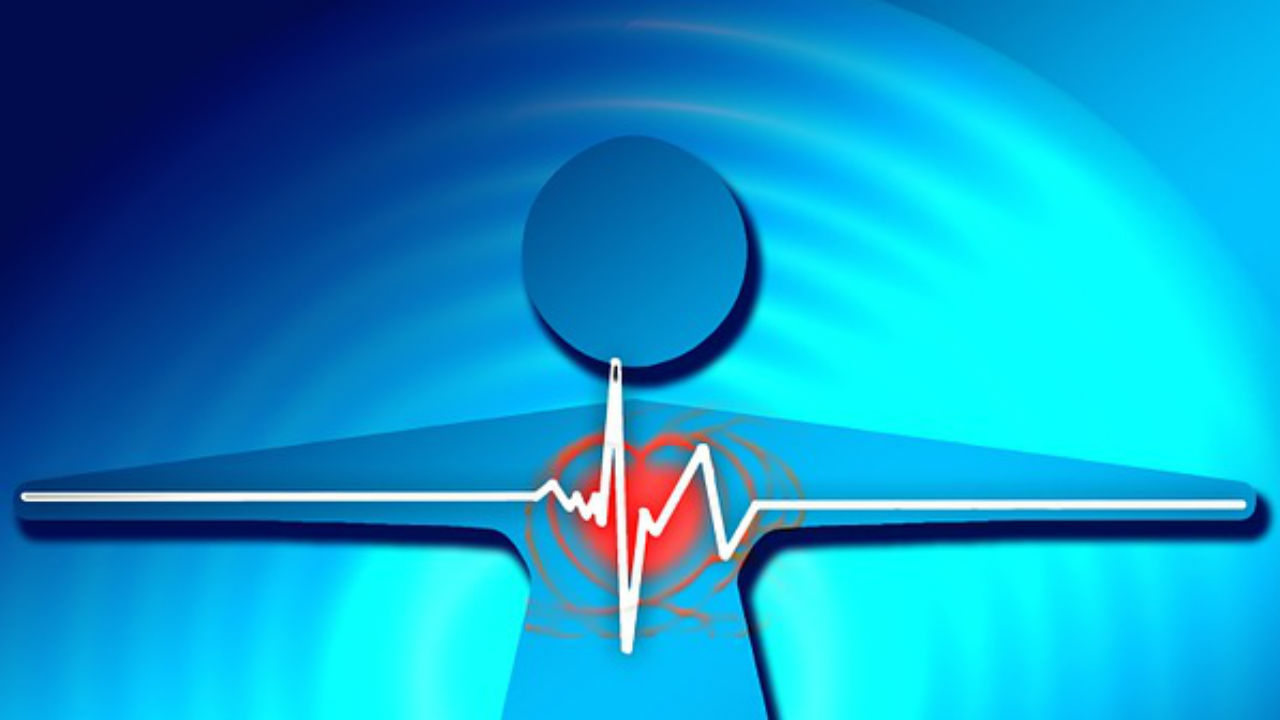A high protein diet, as the name implies, puts a strong emphasis on protein, while decreasing the amount of carbohydrates being consumed.
Protein is an essential building block for the body's health, growth and maintenance. It satisfies hunger longer than carbohydrates, so a person on a high protein diet can lose weight without having to go hungry. And protein keeps blood sugar stabilized for longer periods than carbohydrates will.
A high protein diet is not a no-carb diet. But its carbohydrates are restricted to fruits and vegetables, which contribute nutrients the body needs.
A high protein diet will not damage healthy kidneys. A pair of kidneys in fine working order will continue to excel at filtering waste products from the blood, including excess protein.
Drinking plenty of water every day will help the kidneys to continue to remove toxins from the body.
The kidneys can be damaged by a variety of conditions, such as obesity, diabetes and high blood pressure. But if dietary changes are made soon enough, all of these conditions can be improved, thus protecting the healthy renal (kidney) function.
Kidneys can be put under undue stress by too much body weight. A high protein diet with its lesser amount of carbohydrates can help people shed the extra pounds, which also benefits the kidneys.
Nephropathy is a complication of diabetes which can result in renal failure. When blood sugar (glucose) is too high for too long, it can eventually damage blood vessels and nephrons (filters in the kidney).
But if the blood sugar can be lowered, diabetes can be controlled. Blood sugar is decreased by cutting down on carbohydrates, not protein. Weight loss will often follow as an added perk.
Confusion and misplaced concern may arise over the unhealthy presence of protein in the urine of Type 2 diabetics. But this clinical protein is not the same as dietary protein, that is to say, it is different from the protein that we eat.
Recent research indicates that cutting carbohydrates can help lower blood pressure as well. Once again, carbohydrates and not protein, increase the risk of excess weight gain, diabetes and high blood pressure, thus increasing the possibility of renal damage.
For the person already suffering from renal disease a high protein diet may overburden the already taxed kidneys.
But for those who are free from kidney disease, eating protein is not only safe, it's good for your health.
Resources
ADA 2009 Recommendations Reaffirm Acceptance of Low Carb Diet
http://www.diabeteshealth.com/read/2008/12/29/6033/ada-2009-recommendations-reaffirm-acceptance-of-low-carb-diet
How a Low-Carb Diabetes Diet Helps My Dad
http://www.usnews.com/health/blogs/on-medicine/2009/3/19/how-a-low-carb-diabetes-diet-helps-my-dad.html
For Lower Blood Pressure, Low-Carb Diet May Be Best
http://www.nlm.nih.gov/medlineplus/news/fullstory_94501.html
Low-Carb Diets Prove Better At Controlling Type 2 Diabetes
http://www.sciencedaily.com/releases/2009/01/090105175326.htm
Complementary Medicine/Articles
http://www.controlcarb.com/ccn-Articles-Protein%20Intake%20Diabetes%20and%20kidney%20function.htm
Low Carb, Atkins and Kidneys
http://www.bellaonline.com/articles/art14944.asp
Seven Myths About Low Carb Diets
http://lowcarbdiets.about.com/od/lowcarb101/a/lowcarbmyths.htm
Visit Jody's website and blog at http://www.ncubator.ca and http://ncubator.ca/blogger






Add a CommentComments
There are no comments yet. Be the first one and get the conversation started!